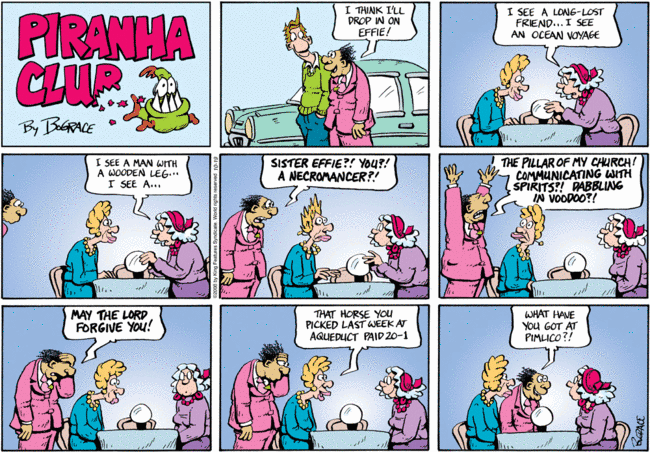
Hi all.
I'm off on Wednesday for a few days up the coast soaking up the balmy sea air and avoiding sunburn.
For those of you who read my blog from colder climes, there is something truly wrong about singing Christmas carols about snow, roasting chestnuts and one-horse open sleighs when the weather outside is verging on 35 to 40 degrees. Celsius.
(Or, if you like, spare a thought for Sean the Blogonaut. He lives in the middle of Australia where the temperature gets into the mid forties during the day, and then plummets to seriously cold levels overnight. Thank goodness we at least have the moderating influence of the sea where I live)
On Christmas Day, normally, I will be up around midday - because I like to sleep in. Then I will get up and stuff myself silly on turkey, ham, salad, maybe some chicken, prawns, Balmain bugs or lobster (depending on availability - looks like lobster is out this year), mussels and a variety of deserts including pudding.
Then we might get in a trip to the beach before opening presents, having a nap and then finally passing out in front of the TV in a bloated state.
It's all good.
So anyway, on to my annual holiday post.
Bloke of the year goes to Joe Biden, who, after spotting that Dick Cheney was planning on scuttling away without anyone noticing, put the boot in and shitcanned him, calling him, 'the most dangerous vice president we had probably in the American history'.
Dick Cheney, you might recall is still currently the Darth Sidious character to George W Bush's Dark Helmet. An odious guy who will be remembered for pulling the strings in the worst administration in US history. Oh yes. Harding, Nixon, Hoover - they had nothing on the
But enough of this. Here's some holiday reading for you:
Dikkii's Greatest Hits for 2008
=10. Go Placidly Amid The Noise and Wait
=10. Something I noticed recently
=10. Are Fiscal Deficits Really That Bad?
=10. Yes, I have a new favourite TV show
9. Keysar Trad on polygamy
8. The art empire strikes back
7. Brutal carnage!
6. Denial. Or why people actually drink.
5. One more and then I'll shut up. For a while...
4. Holy Frottage, Batman!
3. Blackmail And The Catholic Church
2. An open letter to artists everywhere
And, you all know how I love to big-note myself. I bet you can guess what is going number one here:
1. This blog is culturally significant. Official.
So party on and enjoy the summer. And, if you're reading this from the Northern Hemisphere, OUCH!
Edit 05/01/2008: Yes, I know that this didn't go up until January. I totally thought I'd posted it, when I in fact hadn't done so. I was in a hurry to pack and go off to the coast at the time. For the record, Christmas lunch was turkey and cranberry sauce sandwiches in a picnic area in the remotest corner of East Gippsland, Victoria.














